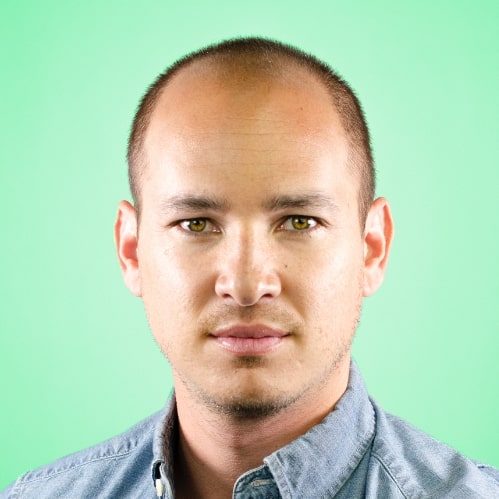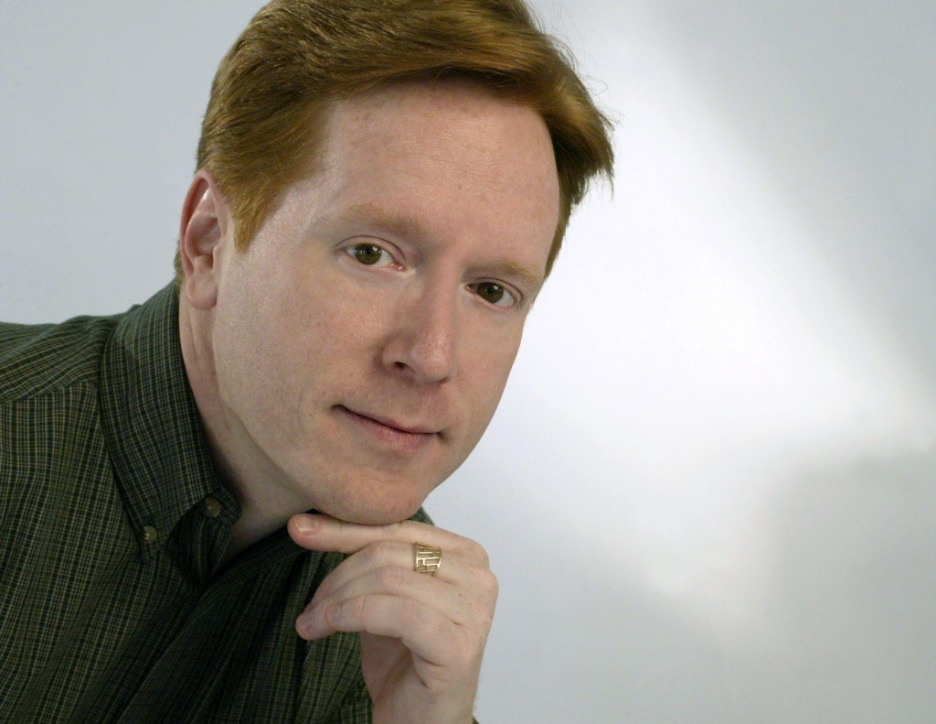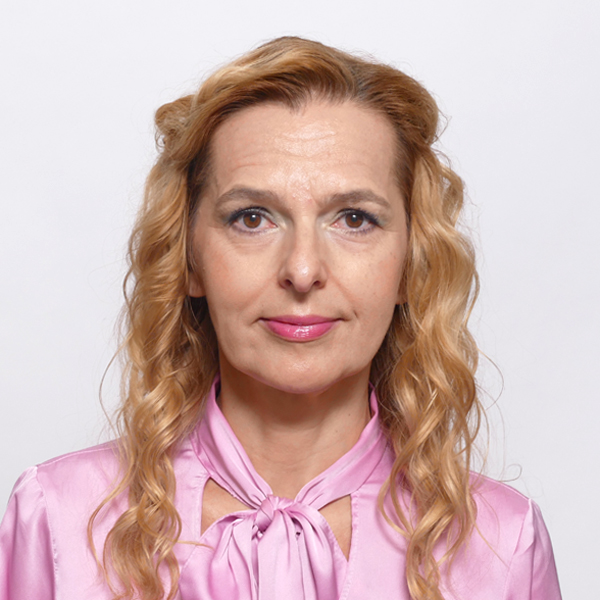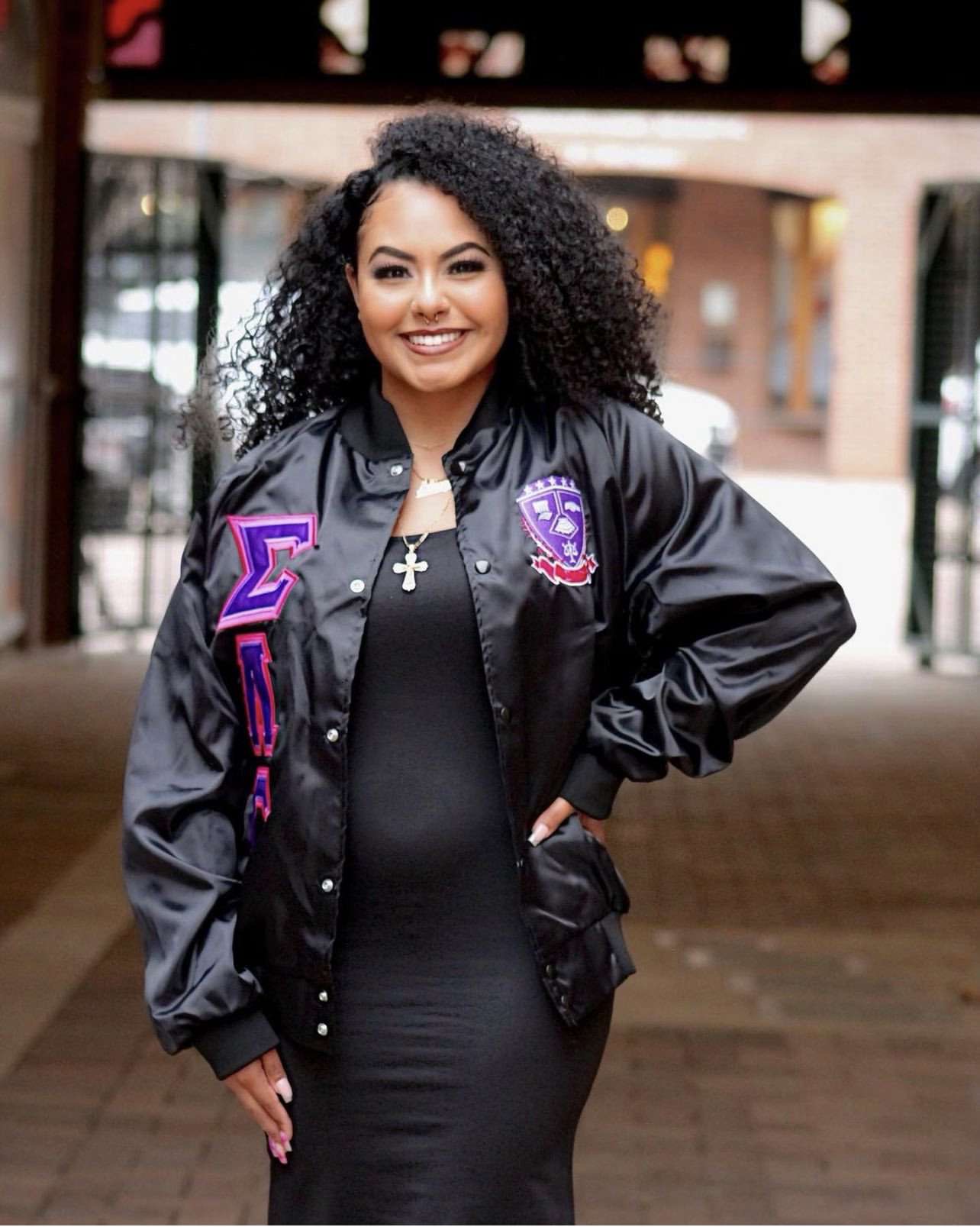
Sara Movahedazarhouligh discusses how studying various aspects of special education contributes to her experience as a Ph.D. student and a professional.
My name is Sarah and my last name is a funny one. I'm Sarah Movahedazarhouligh. It's a 19 letter last name that everybody, I mean everybody gets to, just ask me that. How do you pronounce this? I didn't know where this come from. You know, so I get those two questions. Actually with every new person that I made and in my department, everybody just calls me Sarah M.
I'm a special education doctoral student in our department for our doctoral program. You enter as a doctoral student in special education, but according to your background or your passion, you get to choose an area of emphasis. Some students do like learning disabilities. Some students do like deafness and hard of hearing blindness or deaf blindness or autism. Mine is Early Childhood Special Education, which covers birth through eight. And we have three stages for early childhood special education which is early intervention, zero to three, preschool special education, three to five and then elementary level, which is kindergarten to third grade. My own early childhood special education research interests include professional development in quality leadership practices and a leadership development in early intervention and early childhood special education and also working on family-centered service delivery, family professional partnership development, family systems and family set up approaches in early intervention and early childhood special education and evidence based intervention for children with disabilities, especially children with autism, and play development and naturalistic nationalistic instruction for young children with disabilities.
Do you feel like the experience you have working in all of these different areas have helped catered to your goal of getting a Ph.D. and writing your dissertation?
Of course. Because when you entered this program at UNC, you are supposed to be trained as a special education doctoral student. Although you have an area of expertise that you focus your research dissertation on that but you are supposed to know about all areas of special education and just to tell you one - This semester we started thinking of a project to look for and explore successful people with down syndrome and with successful people, I mean people who are out of a school who are above 25 years of age who are in this society living their normal life, but maybe they are forgotten. So we are reaching out to them to see who they are, what they have gone to be successful and what experiences in their life helped them to be exemplars or open the dialect on positive is strength based psychology on people on disability. You said this has nothing to do with early childhood special education, but it gives me ideas that, what can I do as an early childhood special ed researcher to pave the ground for such a success in at the age of 25.
Right. I'm going to reach that age at some point
Exactly. I get ideas from this research to build, to build a, you know, initiatives in my area because early childhood, zero to eight at zero to eight, you can do a ton of good things just to pave the ground for success of these individuals later in life.
It's a very inter-connected, you know, context that's autism relates to with social emotional, social, emotional relates with cognitive ability, cognitive abilities relate with your functionality. So everything is related and no matter you are a child or you are a teenager or you are an adult, you are an adult. All are connected. So just knowing about different areas and trying to make those connections with them and relating them to your area and coming up with ideas in your area that can help these pieces is a great benefit.
I got to work with a [inaudible] center, some other faculty on G.O.A.L. Project that's uh, I think this is a very good opportunity to introduce this project, but because I'm sure a lot of people don't know, UNC is doing such a great thing. G.O.A.L. is a program which is called Go On And Learn and it is for postsecondary inclusive education for students with intellectual and developmental disabilities. As for now, it started in 2017 with four students and now after three years we have two years on something we have a nine is students with intellectual and developmental disabilities receiving specific instruction through this program and being included in typical classes with typically developing as students throughout UNC, which is a very rewarding and great thing that UNC is doing for all students at post secondary level who have special needs. So we did lots of evaluation research and different areas of focus that related to this kind of program development, evaluation and planning.
United States is a big exemplar it's a big producer of knowledge. It's a big producer of policies and laws that advocates for individuals with disabilities and produces, what they need to have a quality life and quality education and grow as a successful person. So I really honor this much of care that I've seen here. It's been great because I've been supported, which is a big leg of my education. I told you if I, if it was not for that support, I definitely came back to my country, but I got supported and I am, I always be tremendously thankful and always remember how I got where I got. And other than that, uh, I came to UNC and I got integrated in a very accepting, welcoming, inclusive community. Uh, when you come here as an international person, especially let's say when you are considered as a, you know, sensitive case, I don't like to label myself at all at all because of my background and identity.
What do you see? Because when I came here and after a presidential election, travel ban happened and that target, I was from the country among those seven countries. And after that, all that visa bans or what are the different kinds of bans? So you, I was affected but I don't want to judge myself or a label myself at all because like everybody else, we are proud of who you are. Our identity, our country, our nationality or language or cultural heritage. Like everybody, I think it is not just about me, we are all proud of who we are. But, uh, that was really a fortunate site that I was educating in a very understanding, welcoming, inclusive, atmosphere that I was receiving that much of support and not financially but socially, emotionally from my professors, from my friends, from my bigger, let's say a context which is UNC. We Tons of emails when such things happen that if you need any consulting, if you need any help, if you need any, uh, you know, legal consultation, whatever.
So you're you are receiving those kinds of support. Uh, I, I never forget that men travel ban happened to, of my American friends just walked up to Colorado's senator office near their hometown just to talk about me. And some others, there's some other, like Libyan student, we have Libyan student, Iranian student and be a very, among those travel ban things - they've walked up to that sentence says door just to talk about what the problem we will enter such a thing happens and continues. I, and you know what, that's a big, that big piece that they never forget, you know, and, uh, it is one example of the kind of social, emotional, spiritual support that I receive.





